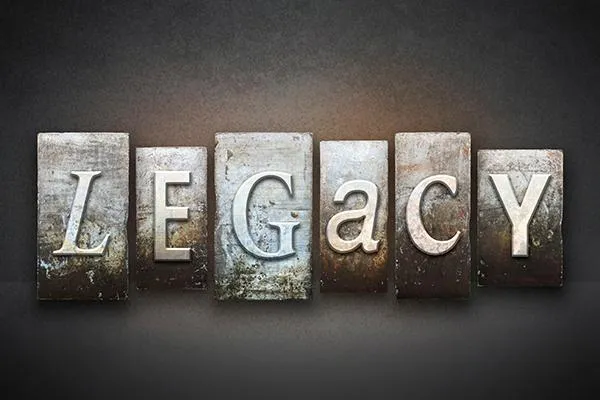SPH Blog
Tap into a richness of knowledge, tips and techniques to get your message out to the world.
Also, view our incredible
Author Showcase
Welcome to the SPH Blog!

Legacy and Authorship
“All good men and women must take responsibility to create legacies that will take the next generation to a level we could only imagine.” —Jim Rohn
“Carve your name on hearts, not tombstones. A legacy is etched into the minds of others and the stories they share about you.” —Shannon L. Alder

Using Authorship to Create a Legacy for Yourself
This is the eighth blog of our 9 part series on WHY AUTHORSHIP. In this article we discuss how authoring a book can create a lasting legacy for an author.
Authoring a book can serve as a powerful means of creating a lasting legacy for the author. Here are several ways in which writing a book contributes to establishing a meaningful and enduring legacy:
Sharing Knowledge and Expertise:
Authors can share their accumulated knowledge, insights, and expertise on a particular subject. This intellectual legacy can benefit readers, future generations, and those interested in the author's field.
Documenting Personal Experiences:
Memoirs and autobiographies allow authors to document their personal experiences, capturing a slice of their own history. This not only preserves individual stories but also provides valuable insights and lessons for others.
Conveying Values and Beliefs:
A book allows authors to articulate their values, beliefs, and principles. By sharing these aspects of themselves, authors can leave behind a legacy that reflects their core identity and what they stand for.
Inspiring and Motivating Others:
Inspirational books or those detailing personal journeys can motivate and inspire readers. The positive impact of such books can influence individuals long after the author is gone, leaving a legacy of encouragement and empowerment.
Contributing to a Field or Discipline:
Authors who contribute groundbreaking ideas, research, or innovations to a specific field leave a lasting mark on that discipline. Their work can shape the trajectory of future developments and become an integral part of the field's legacy.
Building a Literary Legacy:
The body of an author's work, including multiple books, essays, or articles, contributes to their literary legacy. This collection of writings becomes a representation of the author's intellectual and creative contributions.
Creating Cultural Impact:
Books can have a profound cultural impact, influencing societal attitudes, perceptions, and values. Authors who address important cultural issues or contribute to cultural conversations leave behind a legacy that extends beyond their individual achievements.
Preserving Family and Personal History:
Family histories, genealogies, or novels inspired by personal experiences can serve as a way to preserve the author's familial and personal history. This legacy can be passed down to future generations.
Establishing a Name for Posterity:
A book can serve as a tangible testament to an author's existence and contributions. It establishes their name and work in a way that can be remembered and referenced for generations to come.
Educational Impact:
Educational books or those aimed at teaching specific skills contribute to the author's legacy by equipping others with knowledge and tools for personal and professional development.
Creating a Positive Impact on Society:
Authors who advocate for positive change, social justice, or philanthropy through their books leave a legacy of contributing to a better and more compassionate society.
Establishing a Creative Legacy:
For fiction writers, poets, and artists, the creation of imaginative and creative works establishes a legacy in the realm of storytelling and artistic expression. These works can endure as cultural touchstones.
In summary, authoring a book allows individuals to leave behind a legacy by sharing knowledge, documenting experiences, conveying values, inspiring others, contributing to fields, building a literary and cultural impact, preserving personal history, establishing a name, making an educational impact, creating a positive societal impact, and contributing to the realm of creativity. A well-crafted book can be a lasting testament to an author's influence and contributions.
We invite you to read all nine articles in this series on WHY AUTHORSHIP.
Authorship and Uniting for a Cause
Authoring a Book as a Teaching Tool
Authorship - A Tool For Business Growth

